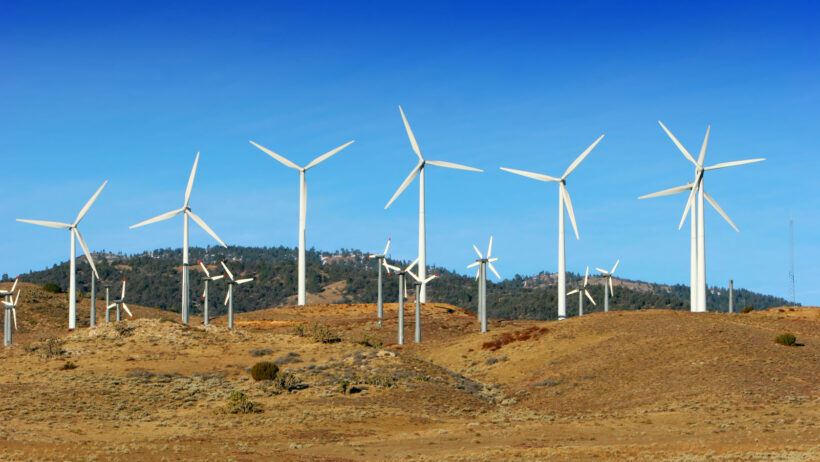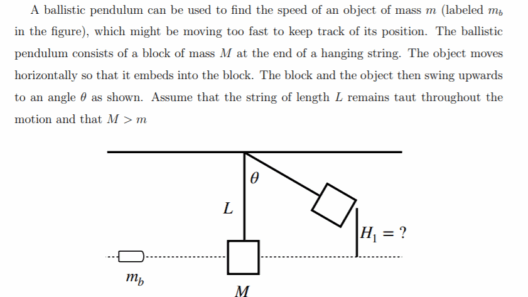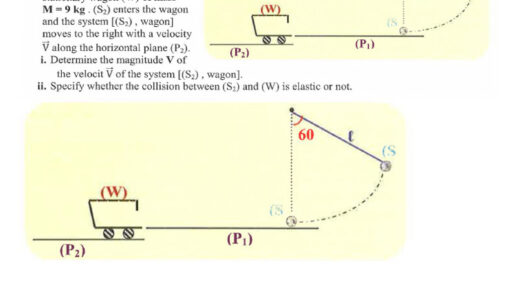Energy conservation is an often-discussed topic, primarily in the context of reducing utility bills or mitigating climate change. However, its profound implications for air quality may not be immediately apparent. A careful examination reveals that conserving energy not only alleviates environmental stressors but also contributes significantly to improving the air we breathe. The science behind this relationship intertwines various disciplines including atmospheric science, public health, and environmental policy.
To comprehend how energy conservation influences air quality, it is crucial to understand the sources of air pollution. Conventional energy production, especially fossil fuels, releases a myriad of harmful pollutants such as sulfur dioxide, nitrogen oxides, and particulate matter. These emissions arise from burning coal, oil, or natural gas in power plants and vehicles. As we foster habits of energy conservation, we inherently lessen the demand for such energy sources, which leads to a reduction in these deleterious emissions.
When we talk about energy conservation, we often think about practical measures like turning off lights, using energy-efficient appliances, and minimizing heater usage. Each of these actions contributes to a decreased reliance on energy that generates air pollutants. For instance, research has demonstrated that increased energy efficiency in buildings not only curtails electricity consumption but directly correlates with lower emissions of harmful substances. Therefore, improved insulation and energy-efficient windows can lead to significant reductions in air pollutants over time.
Moreover, the transition towards renewable energy sources—such as wind, solar, and hydroelectric power—epitomizes the relationship between energy conservation and air quality. Renewables produce energy without emitting the traditional pollutants associated with fossil fuels. Consequently, enhancing our reliance on these cleaner energy alternatives becomes a dual benefit: less energy consumption and improved air quality. The scientific consensus supports the notion that areas utilizing substantial amounts of renewable energy experience markedly better air quality compared to regions still dependent on fossil fuels.
One might wonder about the parameters of air quality metrics. Air Quality Index (AQI) is one such metric that gauges the concentration of pollutants and their potential health impacts. Reductions in fossil fuel consumption through energy conservation can lead to a pronounced decline in AQI levels, yielding health benefits. Poor air quality is linked to numerous health complications including respiratory diseases, cardiovascular issues, and even premature mortality. By conserving energy and facilitating the transition to cleaner energy sources, society can overall improve public health outcomes, dramatically reshaping urban living conditions.
Furthermore, the correlation between energy conservation and improved air quality becomes even clearer when one examines urban heat islands. Metropolitan areas often experience higher temperatures than their rural counterparts, a phenomenon exacerbated by rampant energy consumption. Such heat increases the formation of ground-level ozone—a harmful air pollutant that can trigger respiratory problems. By promoting energy conservation, we can mitigate the thermal emissions from vehicles and industrial sources, thus reducing the urban heat island effect and its associated air quality challenges.
Another fascinating aspect of energy conservation is its social dimension. Community-driven energy-efficient initiatives foster a collective effort towards sustainability. Programs that encourage energy audits, the adoption of public transportation, and the establishment of green spaces not only directly diminish energy consumption but also promote environmental awareness among community members. These endeavors not only enhance local air quality but also instill a sense of environmental stewardship, encouraging individuals to participate actively in ecological preservation.
Additionally, energy conservation can lead to less dependence on centralized power generation, fostering local energy solutions such as community solar projects. These projects not only minimize transmission losses and bolster resilience but also empower local communities by providing them with cleaner energy options. As a result, the pollutants associated with long-distance energy transmission are significantly reduced, facilitating further improvements in air quality.
Your lifestyle choices profoundly affect energy consumption and thus air quality. The adoption of electric vehicles is among the most impactful changes an individual can make. Traditional gasoline-powered vehicles emit substantial volumes of nitrogen oxides and particulate matter into the atmosphere. By making the switch to electric vehicles, which can be powered by clean energy sourced from wind or solar, you can directly contribute to the reduction of vehicular emissions.
In examining the intricate tapestry of energy conservation and air quality, we can begin to understand the interconnectedness of our actions and their ramifications. When energy conservation becomes a priority, it cascades into multiple spheres, from community health to global environmental policies. Each step taken towards conserving energy is not merely a personal achievement but rather a collective advancement towards a sustainable future.
On a broader scale, the implications of energy conservation resonate with global efforts to combat climate change. By addressing air quality through energy-efficient practices, we contribute to achieving climate goals set forth in international agreements. These accords underscore the importance of reducing greenhouse gas emissions and emphasize sustainable energy utilization as paramount in our battle against environmental degradation.
In conclusion, the relationship between energy conservation and air quality is substantial and intricately layered. Emphasizing energy conservation not only yields immediate benefits in terms of cleaner air but also sets the stage for long-term health advantages and environmental stability. As individuals and communities embrace energy-efficient practices, they not only enhance their surroundings but also contribute to a global movement towards sustainable living. The quest for fresh air is intimately connected to our energy choices, and the significance of conserving energy cannot be overstated in our pursuit of a healthier planet.







